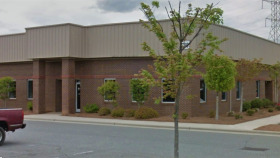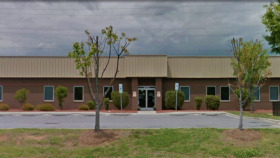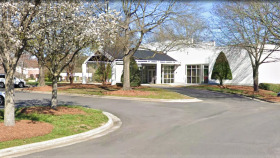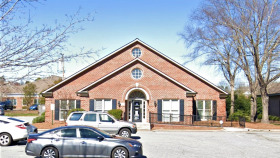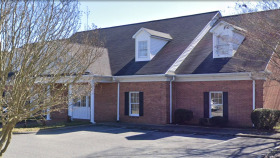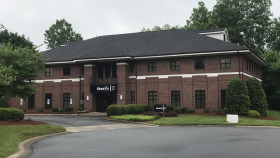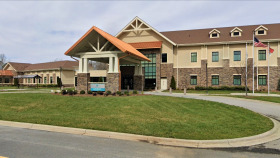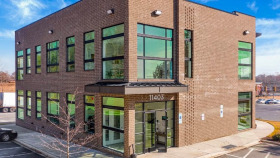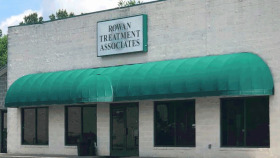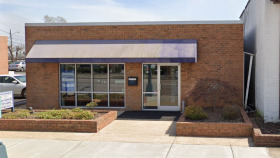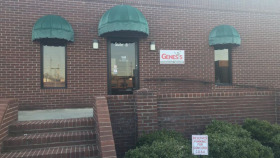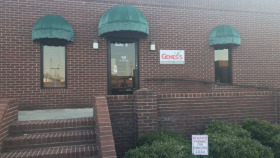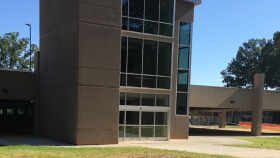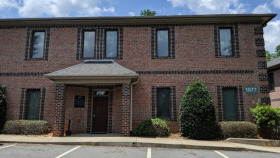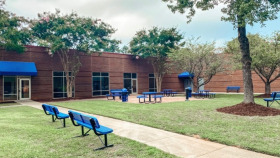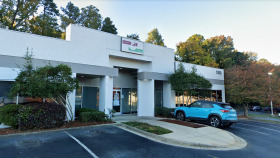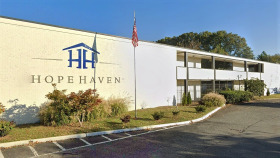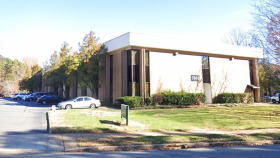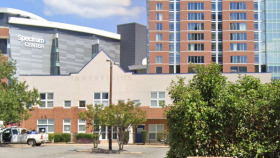Alcohol and Drug Use Statistics in Kannapolis, NC
Similar to the rest of the United States, Kannapolis and Cabarrus County has experienced the effects of drug and alcohol misuse. Here are some statistics chronicling substance misuse in Kannapolis and Cabarrus County:1,2,3
Roughly 38% of emergency department visits in Kannapolis were due to prescription opioid pain medication overdose.
In 2021, 18% of adults were found to drink excessively in Cabarrus County.
In Cabarrus County, 28% of motor vehicle deaths were due to alcohol impairment in 2021.
Levels of Care for Addiction Treatment Settings
There are various types and settings of drug rehab, varying in structure and intensiveness.
Professional Detox
If you are dependent on alcohol or drugs like opioids, quitting can lead to uncomfortable withdrawal symptoms. Inpatient and outpatient detox can help manage your withdrawal symptoms and reduce the risk of relapsing to substance use.
Inpatient Care
Residential rehab is the most structured and intensive setting, providing a peace and serene environment to jumpstart your recovery, away from everyday stressors. You live at the treatment center during treatment and receive a variety of therapies and interventions.
Partial Hospitalization Programs (PHPs)
A step down from inpatient rehab, you attend several hours of treatment per day and return home during non-treatment hours (typically the evening or nighttime). This is a great option for someone who needs a high level of care but doesn’t want to stay overnight at a residential facility.
Intensive Outpatient Programs (IOPs)
Less intensive than PHP, an IOP involves several hours of therapy per week, often visiting the treatment center between three and five days each week. This is often used as a step-down option from inpatient or PHP, though some people’s first point of contact with substance abuse treatment may be an IOP, especially if their addiction is mild or they want to continue working or attending school while recovering.
Standard Outpatient
The least intensive treatment option, standard outpatient, involves one to two hours of treatment per day for one or two days per week. This option has the least oversight and supervision, which increases the risk of relapse; however, highly motivated people with a strong support system may find this level beneficial.
Aftercare
Support doesn’t end once you complete your drug rehab program—it’s important to receive aftercare, which can provide you with ongoing support and encouragement in the form of 12-step groups, non-12-step groups like SMART Recovery, ongoing therapy, sober living homes, and more.
Financing Drug and Alcohol Rehab in North Carolina
If you are worried that you won’t be able to afford drug and alcohol rehab, check out these strategies for financing addiction treatment.
Private Insurance
If you have private health insurance through work or purchased from the Healthcare Marketplace, you can use it to cover the cost of drug and alcohol rehab, either partially or fully, depending on the treatment program you choose.
North Carolina Medicaid
North Carolina Medicaid is a government program providing health insurance coverage for low-income families and individuals. If you have Medicaid, you can use it to cover substance abuse treatment services, although you’ll want to make sure to find a rehab that accepts this form of payment.
Medicare
If you have North Carolina Medicare, you can use it to pay for the cost of drug and alcohol treatment services; however, you’ll want to make sure to find a facility that accepts Medicare.
TRICARE in North Carolina
North Carolina is in the East Region for TRICARE and provides coverage for drug and alcohol addiction treatment and rehab for military personnel, retirees, and their families.
Sliding Scale Rehabs
If you need financial assistance, you can seek out a sliding scale rehab, which charges a reduced price based on your income.
IHS-Funded Drug Rehabs
The Indian Health Service funds various alcohol and drug treatment centers that provide free care to Indigenous people with substance use disorders.
Traveling to and Within Kannapolis, NC
Finding the right alcohol or drug rehab center is the first step to getting the help you need. If you or a loved one is considering attending alcohol or drug rehab in Kannapolis, here is some information about the city to help you as you travel:
- You can get to Kannapolis by flying into Charlotte Douglas International Airport, which is approximately 32 miles from the city.
- Hotels and motels in the city are affordable, so you will be able to find accommodations that fit your budget.
- Kannapolis isn’t especially friendly to walking or biking. Most tasks will need a car to be completed. You may want to look into getting your own transportation before arriving in the city.
- If you enjoy baseball, visit the Atrium Health Ballpark or the Intimidators Stadium.
- If you need some time in nature, take a walk on the Dale Trail.
- Family-friendly activities to enjoy include a visit to Village Park and the Village Park Splash Pad.
- If you are a motor enthusiast, you may want to visit the Curb Motorsports and Record Museum.
- If you are interested in music and theater, you may want to stop by the North Carolina Music Hall of Fame and the Gem Theater.
North Carolina Drug and Alcohol Laws
Below are some important North Carolina laws related to substance misuse:1
North Carolina Recovery Courts: Non-violent offenders can go to court-ordered drug rehab instead of serving jail time.
North Carolina Good Samaritan Overdose Law: Witnesses to overdoses can receive immunity from prosecution when they call 911 to save a person’s life.
Resources
- North Carolina Medical Examiner. (2018). Fentanyl and Heroin-Related Deaths in North Carolina.
- Cabarrus Community Planning Council. (2016). Cabarrus Community Needs Assessment.
- University of Wisconsin Population Health Institute. (2022). County Health Rankings and Roadmaps: North Carolina-Cabarrus County.

